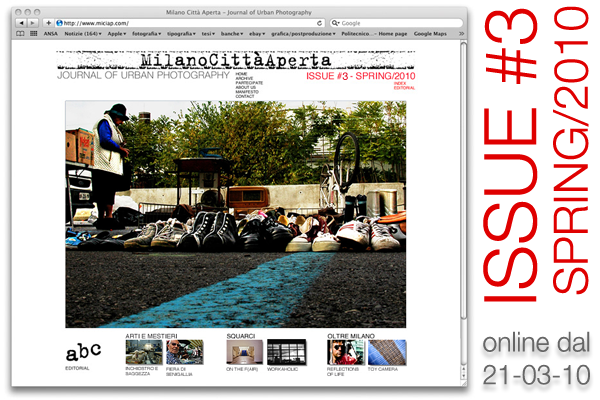Orti urbani
Urban allotments are a spontaneous phenomenon on the outskirts of Milan that present a need to return to the roots of being self-sufficient, to rural dimensions and, perhaps, to an alternative way of living.
Urban allotments are little patches of public soil that measure around 50mq and are cultivated by citizens. Under formal regulations, the allotments are loaned and the harvesting rests with the owners/cultivators who can decide to manage them individually or in cooperative groups with other "allotment owners". Nevertheless, regularised urban allotments constitutes for only a small part of a phenomenon which has origins in the form of abusive occupation of public soil for personal sustainment.
The regulation of this phenomenon, in the eyes of the territorial administration, has the goal of intervening in the process of transforming the suburbs. Converting peripheral areas into allotments responds to different aims.
First of all, it delegates these areas to each citizen to partially maintain areas that are otherwise in a state of neglect. The work of the citizens substitutes the missing communal administration in areas that, because of their peripheral location, gain hardly any funds destined towards preserving a decent urban and rural space.
Moreover, the idea of maintenance by citizens of urban areas surrounding their houses constitutes a form of control of the territory and avoids those areas to be used irregularly, for example by irregular cultivators, or used as illegal camps by travellers.
On a topographical and social level, this phenomenon brings about a confusion in the perception of the relationship between the peripheries of the city and agricultural zones: citizens want to be farmers and the periphery wants to become (or go back to being) rural; agriculture, at least for what regards those legal allotments, definitively loses its role as a means of sustenance and becomes more of a hobby, or a therapeutic activity. The city lives off an idealised rural life, its unreachable opposite. Is it a confirmation of a crisis within the system? Is it a good compromise? Is it a regret, a return to a lost dimension?
It's certainly a shift of an urban landscape and perhaps the beginning of the formation of a social sub-type of citizens that are in denial about their condition.


